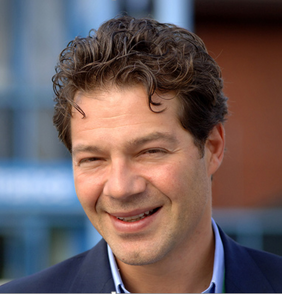will take place on Tuesday, December 19, 2017 from 17:15 to 18:15 hours in CBBM Building, EG, B1/B2.
Host: Prof. Dr. Hendrik Lehnert
Department of Internal Medicine I
University of Lübeck
Abstract
A balanced interaction between the homeostatic mechanisms of mother and the developing organism during pregnancy and in early neonatal life is crucial for optimal fetal development and ability to respond to challenges. Perturbations of the maternal homeostasis disrupt this symbiosis and initiate adaptive responses with unpredictable outcomes for the fetus or even the neonate. This may lead to development of pathological phenotypes arising from developmental reprogramming involving interaction of genetic, epigenetic and environmental-driven pathways, sometimes with acute consequences (e.g growth impairment) and sometimes delayed (e.g enhanced susceptibility to disease) that last well into adulthood. A key regulator of these adaptive mechanisms is the hypothalamic peptide corticotropin releasing hormone (CRH) plays a key role in feto-maternal communication by orchestrating and integrating a series of neuroendocrine, immune, metabolic and behavioural responses. In this lecture I will summarise our current understanding of CRH actions during the perinatal period, focusing on the physiological roles for both mother and offspring and also how external challenges can alter CRH actions and potentially impact on fetus/neonate health.
Biosketch
Dimitris Grammatopoulos is the Professor of Molecular Medicine at Warwick Medical School and a Consultant in Clinical Biochemistry at University Hospitals Coventry and Warwickshire NHS Trust where he also leads the University hospitals Pathology blood sciences research and innovation agenda and strategic direction. He is dually trained in Clinical Biochemistry/Chemical Pathology (Fellow of the Royal College of Pathologists and European Specialist in Clinical Chemistry and Laboratory Medicine) and academic biomedical research with specialism in molecular endocrinology. His career path took him from Newcastle to Warwick via Bristol and Johns Hopkins in Baltimore. At Warwick as a Wellcome Trust Fellow he set up his independent research programme on the pathophysiology of CRH receptors. His research interests range from studies on the molecular basis of disease and the role of CRH receptors to translational/clinical biomarker research focusing on the endocrinology of stress during pregnancy and feto-maternal (mal) adaptation mechanisms.


